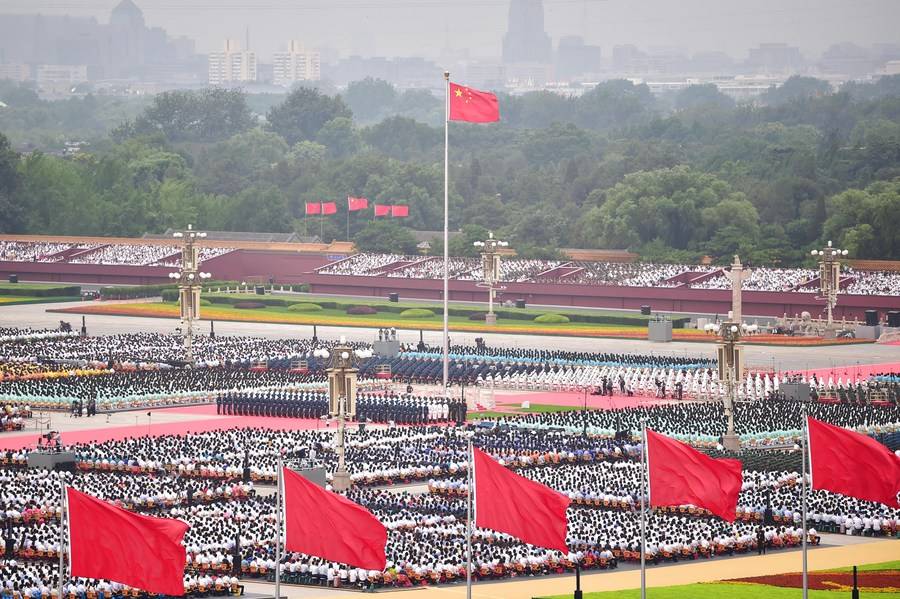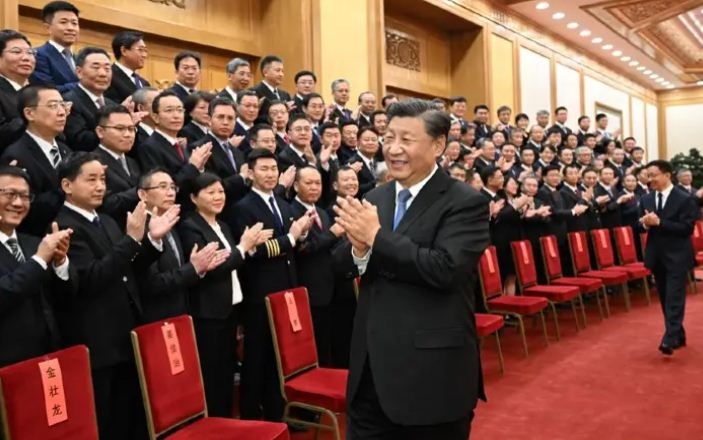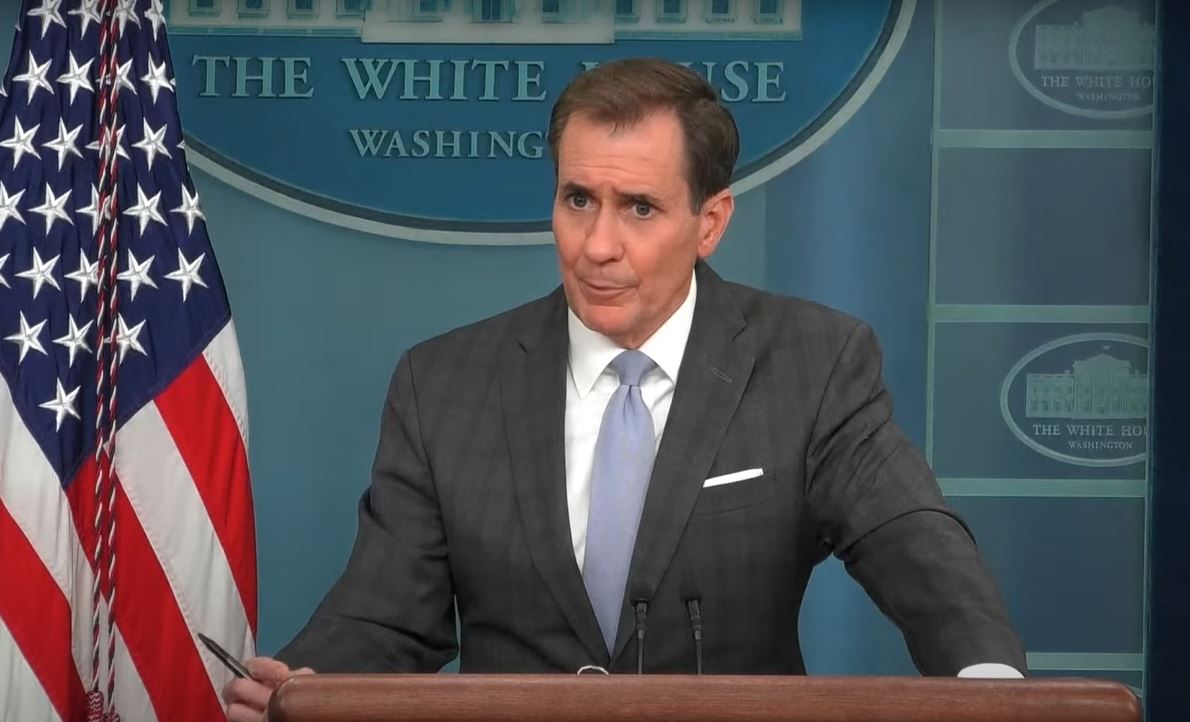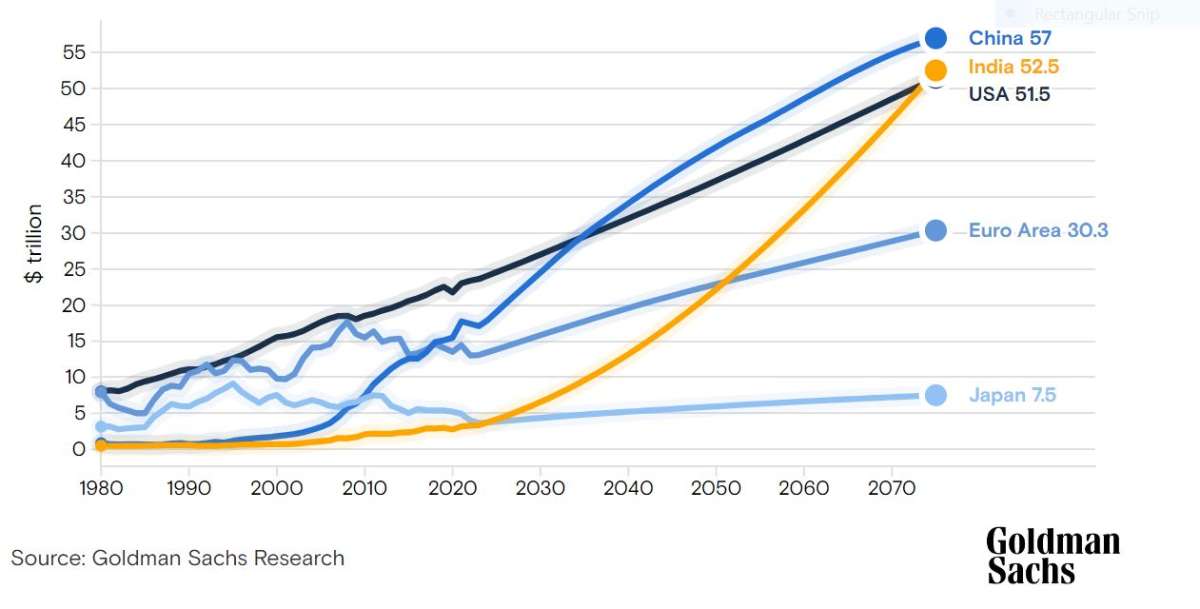Alexandr Wang, the founder and CEO of Scale AI, says that the world is entering a “new era of warfare” defined by AI, much like the Cold War was defined by the atomic bomb. The race to develop new military AI capabilities could have profound implications for global development, with the country that can rapidly and effectively integrate AI into warfighting gaining a significant advantage
China has surpassed the United States in military artificial intelligence (AI) spending, according to a testimony received by the US Congress. While the overall AI spending by the United States is higher than that of the Chinese Communist Party (CCP), the focus on battlefield applications of AI is notably greater in China’s investments, according to Alexandr Wang, the founder and CEO of Scale AI, a software development company.
During a hearing of the House Armed Services Cyber, Information Technologies, and Innovation Subcommittee on July 18, Wang pointed out that the Chinese military is allocating a much higher percentage of its total expenditures towards AI, approximately 10 times more than the United States. He mentioned that the Chinese military invests between 1 to 2 per cent of its overall budget into AI, while the Department of Defence (DoD) of the United States allocates only 0.1 to 0.2 per cent of its budget for AI.
Even though the US defence budget in fiscal 2022 was around $752 billion, significantly higher than the CCP’s $230 billion, Wang’s estimates suggest that China is spending between $2.2 and $4.4 billion on military AI, compared to the US military’s investment of approximately $874 million.

Wang emphasized that the world is entering a “new era of warfare” defined by AI, much like the Cold War was defined by the atomic bomb. The race to develop new military AI capabilities could have profound implications for global development, with the country that can rapidly and effectively integrate AI into warfighting gaining a significant advantage. He warned that if the United States doesn’t lead in AI, it risks conceding global influence, technological leadership, and democracy to strategic adversaries like China.
Haniyeh Mahmoudian, a global AI ethicist for tech company Data Robot, also testified that AI’s advancements would dramatically change the nature of military conflicts among great powers. She emphasized that the United States needs to not only invest in AI’s advancement but also establish regulatory frameworks to guide its development while ensuring ethical considerations, effectiveness, reliability, and human oversight.
The Subcommittee held its hearing at a time when both the United States and China are heavily investing in various new military technologies, with a particular focus on artificial intelligence (AI).
While many Americans might not fully grasp it, China has been pursuing AI-driven weapons and military platforms for years. Their interests in AI extend beyond just killer robots; they are also investing in AI capabilities for military decision-making and command and control. China’s ultimate aim is “intelligentization,” a transformation of warfare achieved through the widespread integration of AI, automation, and big data.
Chinese companies like 4Paradigm are key players in this endeavour, having been contracted by the CCP’s military wing to develop AI decision-making models and human-machine teaming software for deployment at the company and battalion levels. These programs suggest a clear direction – the restructuring of the Chinese military into a centralized group of officers who oversee AI-enabled autonomous systems engaging in combat.
Similarly, the United States envisions a future where wars are won with the assistance of robots. Gen. Mark Milley, the Chairman of the Joint Chiefs of Staff, believes that the world’s most powerful armies will predominantly consist of robotic forces within the next decade, and he intends for the United States to achieve that objective. As part of this vision, the Pentagon is experimenting with various unmanned aerial, ground, and undersea vehicles, while also exploring the potential of nonmilitary smart technologies like watches and fitness trackers.
Though still in the early stages, Gen. Milley has been stating since 2016 that the US military plans to have significant robotic ground forces and AI capabilities in place by 2030.













